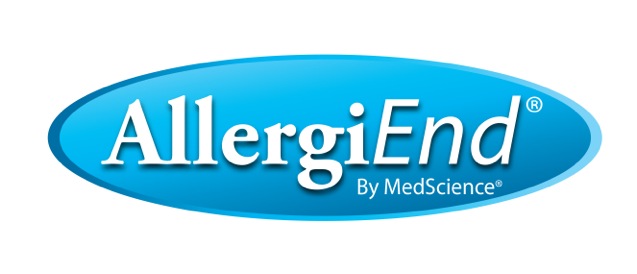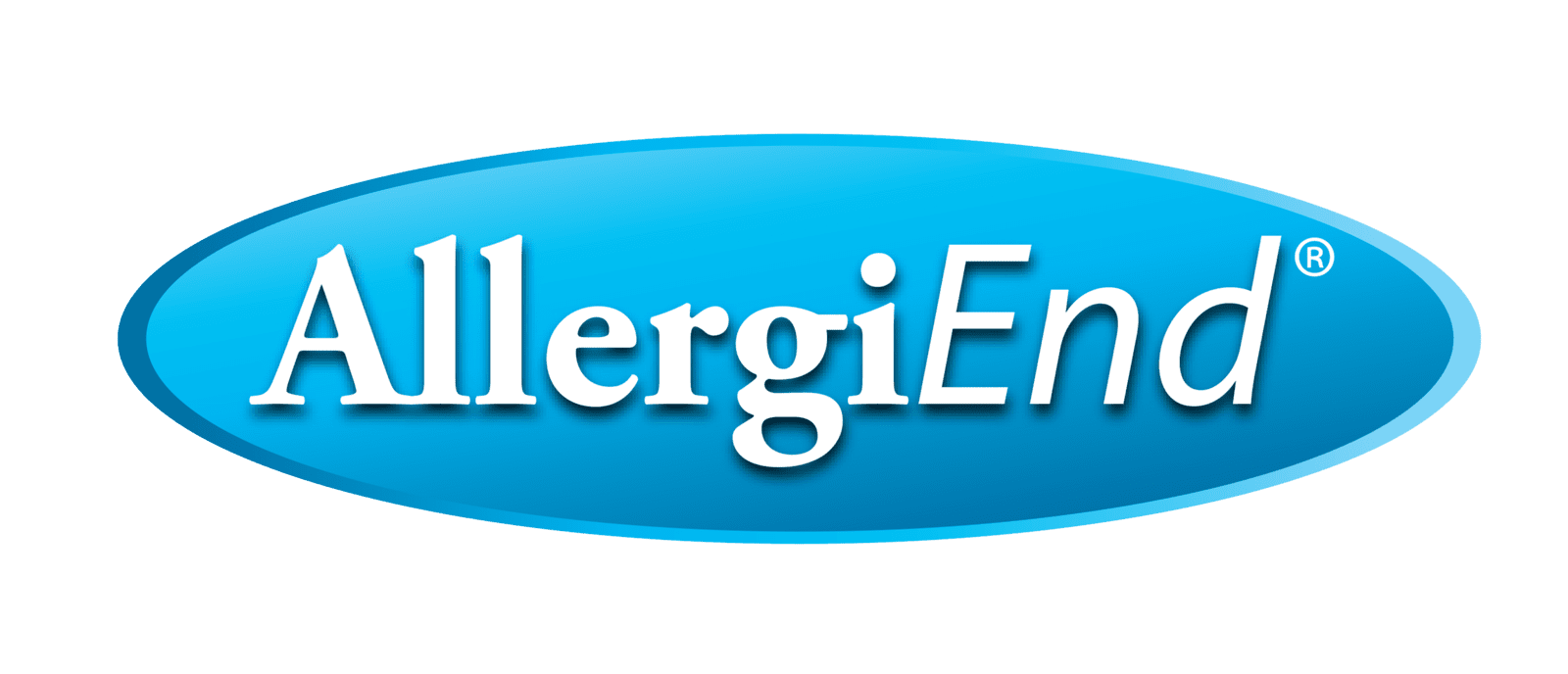According to the Asthma and Allergy Foundation of America, more than 60 million Americans suffer from allergies annually. In addition, the latest report from the CDC shows that nearly half of adult Americans have hypertension.
As the number of allergy patients in the United States increases, many have asked if there is a potential correlation between allergic rhinitis and blood pressure - and if so, can improving a patient's allergic disease also improve their blood pressure? Here's what we know so far.
According to a research report published in the Journal of Human Hypertension, "approximately 25% of the population living in industrialized countries suffers from both rhinitis and hypertension... therefore it is not surprising to find comorbidity of these two common diseases." Furthermore, their study confirmed "that treating allergic rhinitis (AR) can lower systolic blood pressure... In this study, both treatment and control group participants had well-matched severity of AR, nasal symptoms, and plasma Hs-CRP levels at entry. In addition, a significant reduction of systolic blood pressure was observed in the AR treatment group, which was positively correlated with a reduction in plasma Hs-CRP levels."
Another study conducted by Dr. K. Kony had similar outcomes while researching the association between allergic rhinitis and systolic blood pressure. "Taking into account the positive correlation between systolic blood pressure reduction and plasma Hs-CRP levels, it can be speculated that inflammation caused by chronic allergic rhinitis worsened blood pressure control by aggravating pre-existing systemic low-grade inflammation and arterial stiffening in arterial hypertension (AH)" their study concluded.
With AllergiEnd®, primary care and other non-specialty physicians can screen, test, and treat allergies from their office, saving their patients the time and expense of a specialist visit. In addition, we offer a user-friendly digital assessment that records a patient's symptoms and severity, providing you, the clinician, with insight into your patient's condition through QHSLab (soon to offer at-home blood pressure monitoring services, giving physicians real-time feedback regarding their patient's complete health condition).
When allergy testing is needed, AllergiEnd® provides FDA-cleared, needle-free skin tests that are easy to administer by medical staff and intentionally designed for administration in non-allergist settings. In addition, test results are available within 15-20 minutes (no waiting for lab results), allowing physicians to determine an immediate and accurate treatment.


